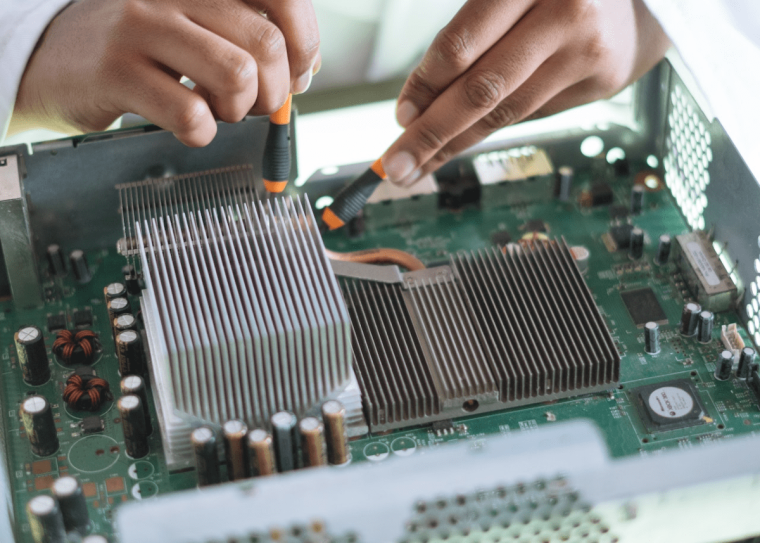
The UK has committed £1 billion (~$1.2 billion) in a 20-year plan to bolster its domestic semiconductor industry. The amount fades in front of what the nearly $50 billion that the US and EU have proposed and even way below the subsidies that India is providing to lure semiconductor manufacturers.
As part of the plan, the UK would invest £200 million between 2023-2025 before scaling up the investments later.
Through the investment, the UK intends to achieve three strategic goals. Which are
- Developing its domestic chip industry
- Mitigating future risks of supply chain disruptions
- To enhance the country’s national security
Semiconductors have emerged as the new focus areas as countries globally look to secure supplies after the supply crunch of 2021-2022.
Last year, US lawmakers passed The CHIPS and Science Act to incentivize domestic chip manufacturing. The Biden administration has also imposed restrictions on exports of high-end chips to China fearing they might be used for military purposes.
Meanwhile, UK Prime Minister Rishi Sunak, who is currently in Japan for the G7 summit, said in his prepared remarks, “Our new strategy focuses our efforts on where our strengths lie, in areas like research and design, so we can build our competitive edge on the global stage.”
Sunak added, “By increasing the capabilities and resilience of our world-leading semiconductor industry, we will grow our economy, create new jobs and stay at the forefront of new technological breakthroughs.”

Notably, the UK is home to Arm Holdings which has ditched London for a US IPO. It was a major setback for the Sunak government which was wooing the company to list in London.
UK Commits $1.2 Billion to Semiconductors
Meanwhile, the amount that the UK has committed to semiconductors looks paltry considering what other countries are spending to boost domestic chip manufacturing.
The country is also considering partnerships with allies and stated, “As part of the strategy, the UK will boost its collaboration with close partners, working together to address national security threats and promote growth in the sector, while supporting international efforts to create a coordinated approach to supply chain resilience.”
Countries globally are looking to end their reliance on Asia for chips. Along with the national security concerns, the fears of chip shortage of 2021 have also induced a sense of urgency as countries now strive to secure semiconductor supplies.
US-China Tech War
Chips are at the forefront of the US-China tech war – with AI also joining the list now. Both US and Chinese companies are striving for leadership in AI.
Notably, as the demand for AI grows, so would the demand for high-end chips that help build AI models.
For instance, analysts expect Nvidia’s revenues to get a boost as demand for chips for AI soars. Unsurprisingly, the stock has doubled this year and is the best-performing S&P 500 stock.
Philip Ripman noted investor and fund manager, said that the stock can rise another 5x over the next 10 years.
- Read our guide on the best AI stocks
Goldman Sachs believes that AI could increase productivity by 1.5% annually which can increase S&P 500 profits by 30% or higher over the next 10 years.
As the AI wave continues to expand, the semiconductor industry would get a boost. Autonomous driving and connected devices would also drive the demand for semiconductors in the coming years.
Related stock news and analysis
- How to Buy Cryptocurrency UK – With Low Fees
- Elon Musk’s Lawyer Sends Microsoft to Letter Accusing It of Twitter Data Misuse
- Best Trading Platforms UK 2023 Reviewed
What's the Best Crypto to Buy Now?
- B2C Listed the Top Rated Cryptocurrencies for 2023
- Get Early Access to Presales & Private Sales
- KYC Verified & Audited, Public Teams
- Most Voted for Tokens on CoinSniper
- Upcoming Listings on Exchanges, NFT Drops